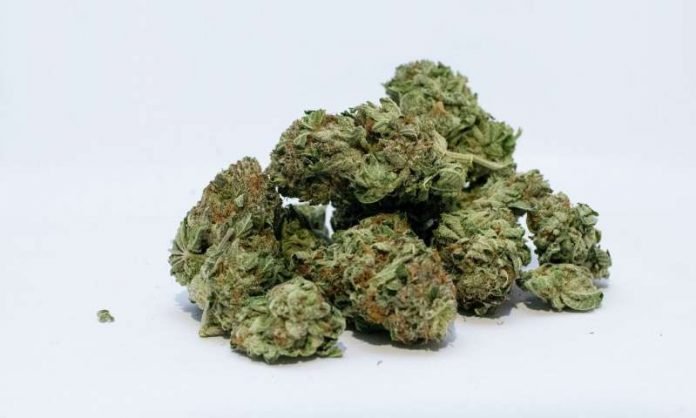
In a new study, researchers found that cannabidiol (CBD) in some cannabis may help reduce the impairment to brain function.
This is the first study using fMRI to examine how different strains of cannabis impact brain function.
The research was led by a team from University College London.
Previous research has shown that cannabis use is linked to addiction and psychosis, and the rates have been on the rise.
The common cannabis products have more tetrahydrocannabinol (THC) and less CBD.
Recent studies have found that THC may contribute to the addiction and cannabis-induced psychosis and that CBD has a range of therapeutic functions.
In the current study, the team found that CBD may help protect against some harmful effects of THC on the brain.
They examined brain activity in 17 people after they took different strains of cannabis.
Both strains of cannabis contained THC, but one strain also contained a high level of CBD.
The team found that the low-CBD cannabis impaired functional connectivity in the brain and that the effects were similar to those in addiction and psychosis.
On the contrary, high-CBD cannabis only led to minimal disruption to the brain.
The finding suggests that the CBD could protect against some of THC’s harmful effects.
The team also found that low-CBD cannabis changed the activity in the brain regions related to the feelings of ‘stoned’ or ‘high’, while there was no such effect found in high-CBD cannabis.
The researchers suggest that the new findings provide new evidence that cannabis strains with greater CBD may be less harmful.
The findings also offer important information about why CBD holds potential for medicinal uses.
The team suggests that CBD may have a neuroprotective mechanism and may help develop a new treatment for addiction and psychosis.
The lead author of the study is Dr. Matt Wall (UCL Clinical Psychopharmacology Unit and Invicro).
The study is published in the Journal of Psychopharmacology.
Copyright © 2019 Knowridge Science Report. All rights reserved.



